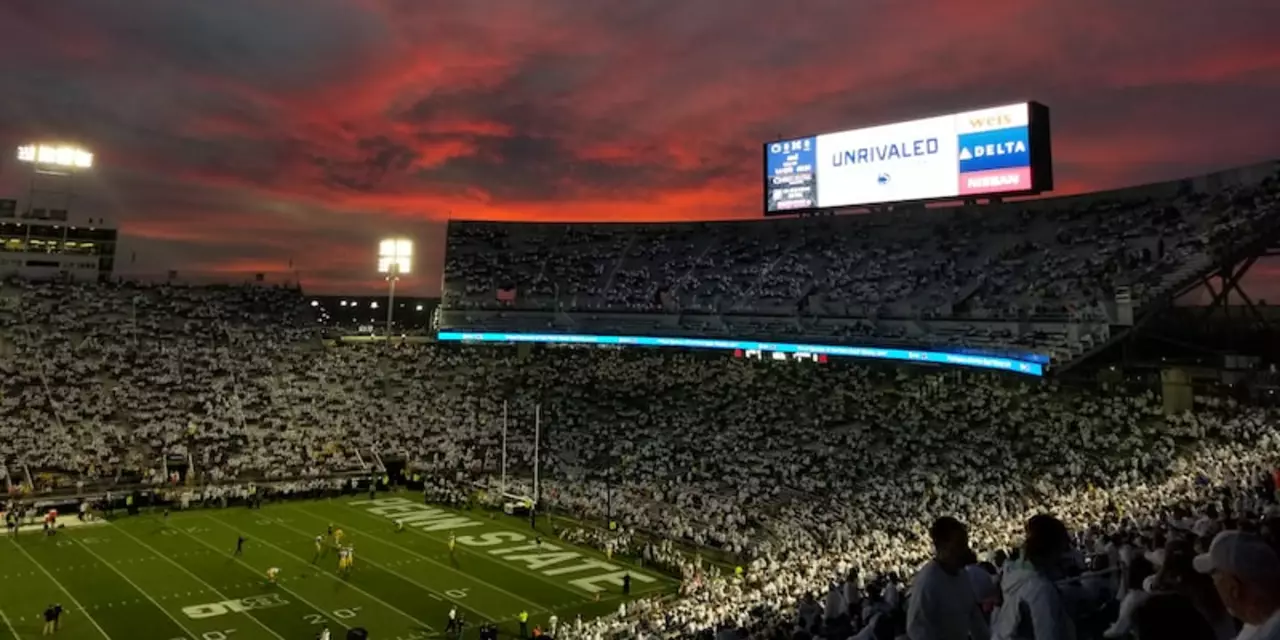Play: Sports, Games and Everyday Fun
Welcome to the Play section of The F1 Hub UK. Here you’ll find short, useful pieces that talk about everything that involves playing – whether it’s a football match, a video game debate or a simple way to catch a live NFL broadcast. The goal is to give you clear take‑aways you can use right away, without any fluff.
Why Play Matters in Sports and Life
Playing isn't just about scoring points; it’s a chance to learn, stay fit and connect with others. When you watch a race, join a local league or even stream a game from your couch, you’re part of a community that shares excitement. That sense of belonging can boost confidence and keep you motivated. It also teaches discipline – you practice a skill, follow rules and see improvement over time. So whether you’re a 19‑year‑old wondering about high‑school sports eligibility or a fan deciding which team to support, the act of playing shapes habits and attitudes.
Top Play Topics You’ll Find Here
Our Play tag gathers articles on a wide range of subjects. Need a quick guide on how to watch NFL games for free? We break down antenna options and streaming apps in plain steps. Curious about the line between a sport and a game? We compare physical effort, competition and entertainment value so you can decide what fits each label. If you’re questioning whether a 6‑1 final score is possible in the NFL, we explain scoring rules and rare scenarios that could make it happen.
We also dive into real‑world issues that affect play. For example, we cover age limits for high‑school athletes, showing how rules differ by state and the importance of academic standing. We discuss how sports popularity has grown over the past decade thanks to social media and better viewing tech. And we look at the social side of fandom, asking whether it’s wrong to support a team outside your hometown.
Beyond sports, the Play tag touches on other playful topics like CRM software comparisons, where we explain why some users find Pipedrive easier to play with than Salesforce. Even political commentary makes its way in when it relates to community play, such as discussions about inclusion in city events.
Every article aims to be practical. If you’re wondering about the last college football tie, we give the exact year and the rule changes that made ties rare. If you’re a fan of LeBron James and want a quick rundown of his achievements, we summarize his championships and All‑Star appearances without the hype.
Scrolling through the Play page should feel like flipping through a toolbox of quick answers. Each piece is short enough to read during a coffee break but packed with facts you can act on. We keep the tone friendly, so you never feel like you’re being lectured.
Ready to explore? Click on any headline that catches your eye and get straight to the point. Whether you’re looking for tips, definitions or a fresh perspective on playing, this tag has you covered.

Can I play college football at the age of 23?
This article discusses the possibility of playing college football at the age of 23. Generally, NCAA rules stipulate that a student-athlete must be enrolled in a college or university and must be 24 years old to compete on the field. However, there are exceptions to this rule that allow 23-year-old students to play college football. These include graduating early from high school, transferring from a junior college, or taking a gap year. Additionally, the NCAA allows an athlete to petition for a waiver to compete at the age of 23 if they have special circumstances. Therefore, it is possible to play college football at the age of 23.
March 2 2023